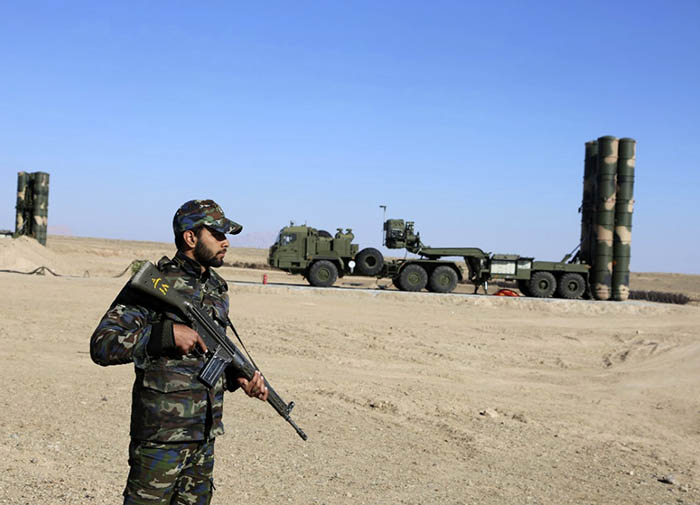S-300 Defense System: A Strategic Boost in Regional Security Dynamics

Introduction In recent years, the Middle East has remained a focal point of global geopolitical tensions, with conflicts, diplomatic breakthroughs, … Continue reading ➝
Introduction Cinema has the remarkable power to immortalize characters, turning them into symbols that resonate across generations. In Iranian cinema, … Continue reading ➝
Introduction In an era where environmental consciousness and sustainable practices are reshaping the fashion industry, Milan Fashion Week continues to … Continue reading ➝
Introduction In the modern era, where traditional roles are continually evolving, the presence and contribution of women in demanding professions … Continue reading ➝
Introduction In the vibrant world of Iranian pop music, few artists have captured hearts with their unique style and heartfelt … Continue reading ➝